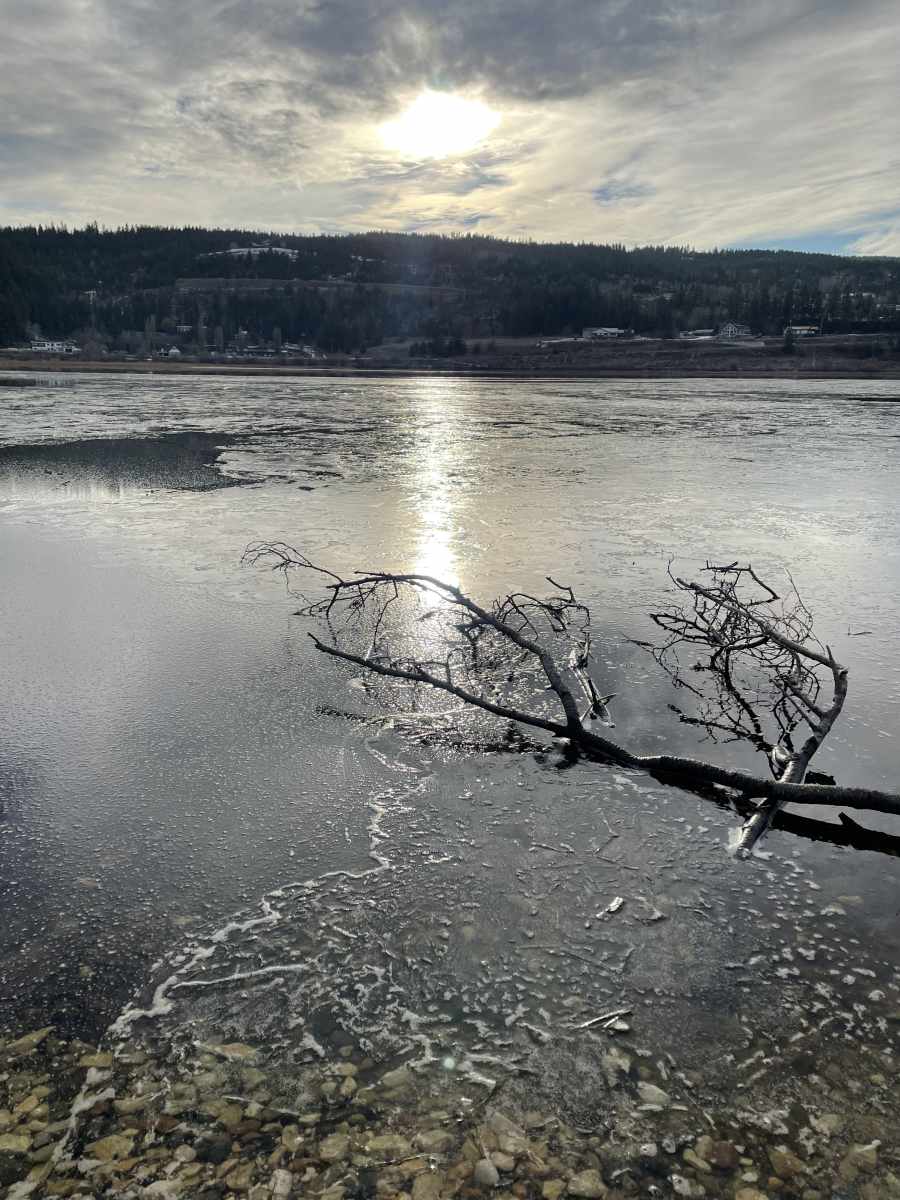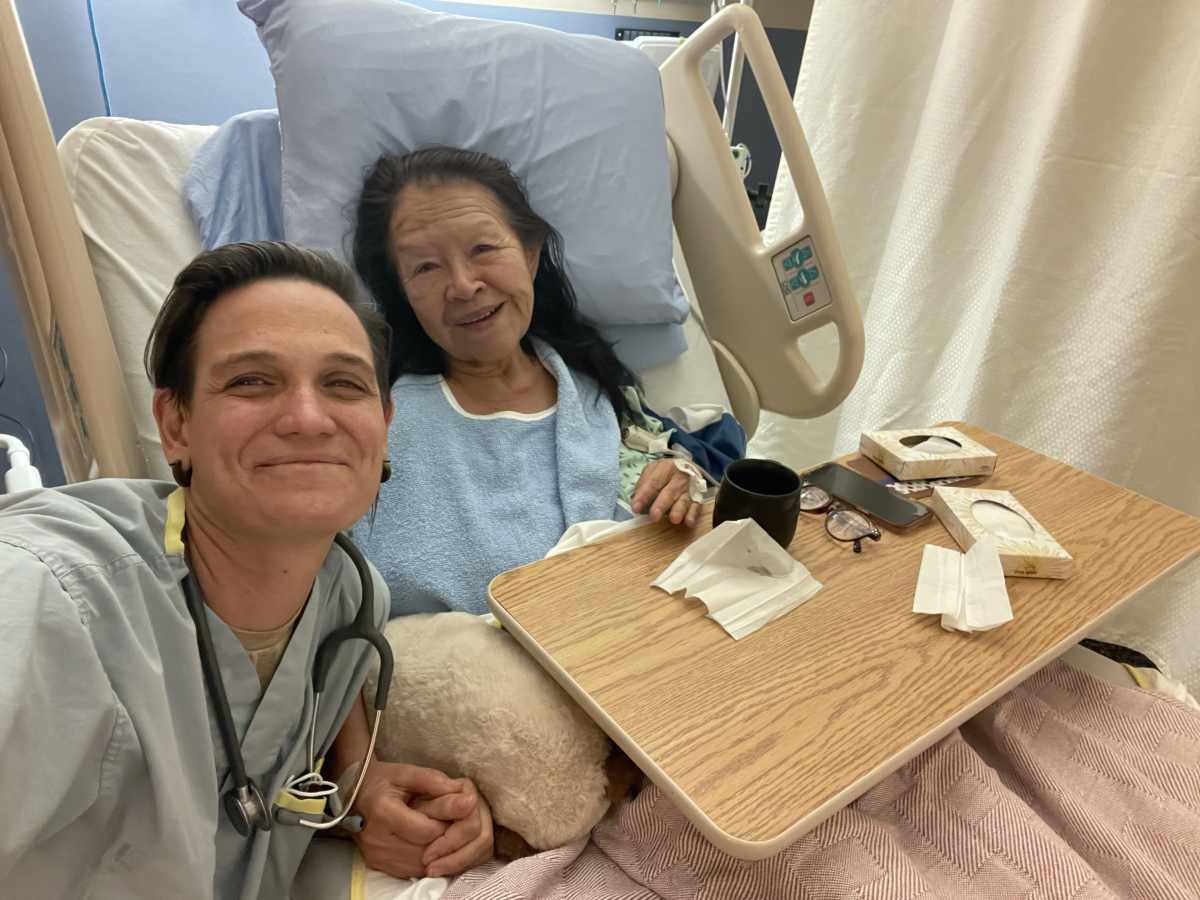I will work in the Emergency Department of Cariboo Memorial Hospital in Williams Lake (BC, Canada), which is a small town at the intersection of Secwepemc and Tsilhqot’in territories. I will also meet with Indigenous and Migrant community members to provide direct support for their health initiatives. This project is many years long, started years ago in my work as a paramedic in the region and will continue with my work as a physician, bridging the massive gap between Providers and Patients that is cultural, racial, economic and geographic.
The experiences of Indigenous and Migrant people across North America are akin to those in developing countries in health issues and health resources. Despite the macro-system of Canadian health care, the resources available to serve these patients are very limited.
The population of the region (50,000 square kilometers including 10 reserves) is majority rural and majority indigenous, and the ED patient population is also disproportionately indigenous.
Indigenous reserves are often called the “4th World”, having health and living conditions that reflect or exceed the challenges of many ‘developing’ nations.
This area is also a place of a rapidly increasing Temporary Foreign Worker population, people from the Global South who come as labourers and live and work at below-min-wage in highly socially-controlled and often dangerous conditions, but do not have the right to become Residents of Canada nor to access all of the Canadian healthcare system (no PCP, only ED). These folks are from very poor communities of the global south. Mostly in Mexico and Guatemala, right now.
In British Columbia, less than 1 in 4 people have a primary care provider, in rural indigenous communities this is much worse.
In the hospital in WiIliams Lake, the physicians in the ED are Family Doctors with further training as EM specialists. Encounters in the ED are often the only chance a patient has to meet with a doctor, wherein social determinants of health, chronic illness and acute presentations need to be addressed simultaneously.
As many years of international solidarity work in medicine have taught us, true lasting impact is only brought about through direct relationship with and empowerment of the most marginal and most affected community members. The impact of this trip will be one of maintaining and building relationships with Indigenous and Migrant people who are both patients and the actors in the long process of community empowerment. It is through direct and committed long-term relationship that we will continue to build mutual trust and offer support from a growing circle of professional Health Care Providers to the real and present needs of these highly vulnerable communities. The impact my trip will have will be in the support for my colleagues increasing their own awareness and capacity for support for these communities as well as directly to community members in not only serving them as patients in the health care setting but also meeting with them outside of the hospital - helping to advance their various health initiatives. I will also carry the learnings from this mission back to my community of practice in Los Angeles where other providers can use these reflections for their own journeys of serving those most underserved.








I was grateful to reconnect with Tsilhqot'in and Secwepemc Communities, and folks who are migrant/workers from indigenous and mestizo communities in Mexico, now living in these Northern territories. We were able to share in medical support and commitment to connection to and protection of the land in many one-on-one encounters and multiple small group gatherings focused on understanding illness and health.